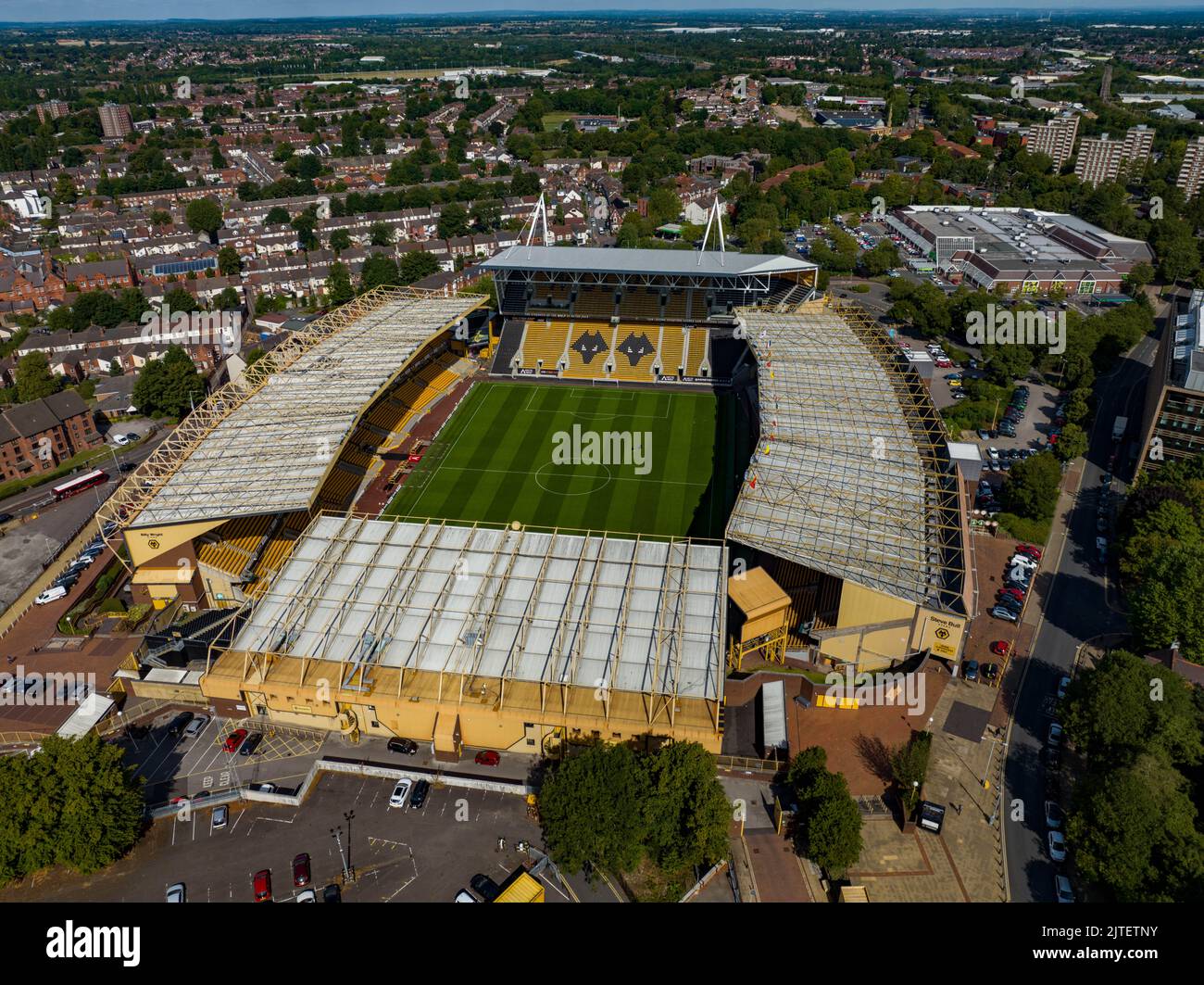
Introduction
Austria, a landlocked country in Central Europe, is renowned for its cultural heritage, breathtaking landscapes, and contribution to art and music. As the birthplace of historical figures such as Mozart and Freud, Austria remains a cultural bastion in the modern world. With its unique blend of tradition and innovation, it holds significant relevance not only as a tourist destination but also as a crucial player in European political and economic discussions.
A Cultural Haven
Austria is often associated with classical music and the arts, evident in its rich offerings such as the Vienna State Opera and the Salzburg Festival. The country’s historical cities, including Vienna, Salzburg, and Innsbruck, are UNESCO World Heritage Sites, attracting millions of visitors every year. In 2022 alone, Austria welcomed approximately 30 million tourists, highlighting its status as a premier travel destination.
Natural Splendour
The Austrian landscape is characterised by the majestic Alps, picturesque lakes, and charming villages, making it a preferred choice for outdoor enthusiasts. The skiing season attracts tourists globally, particularly during the winter months, while summer brings hiking and cycling events. The government has committed to sustainable tourism, aiming to preserve these natural wonders for future generations, whilst also tackling challenges such as climate change.
Current Developments and Challenges
In recent months, Austria has faced significant challenges including the impact of the ongoing energy crisis exacerbated by the war in Ukraine. This situation has forced the government to take measures to protect its citizens and maintain economic stability. In response, Austria is investing more in renewable energy sources and diversifying its energy supply to reduce dependence on imported fuels.
Moreover, political discourse within the country has shifted towards environmental sustainability and social policies that address immigration and integration. The rise of populist movements has also sparked debates about national identity and the future direction of Austrian society.
Conclusion
Austria stands at a crossroads of rich tradition and modern challenges. Its cultural significance and natural beauty continue to attract visitors from around the world. However, the ongoing crises necessitate proactive governance and community engagement in addressing energy, environmental, and social issues. As Austria navigates these complexities, it remains vital for readers and policymakers alike to stay informed about its developments and to appreciate the resilience of this European gem.
You may also like

Discovering the Beauty and Culture of Norway

Exploring Wolverhampton: A Gateway to Culture and History
